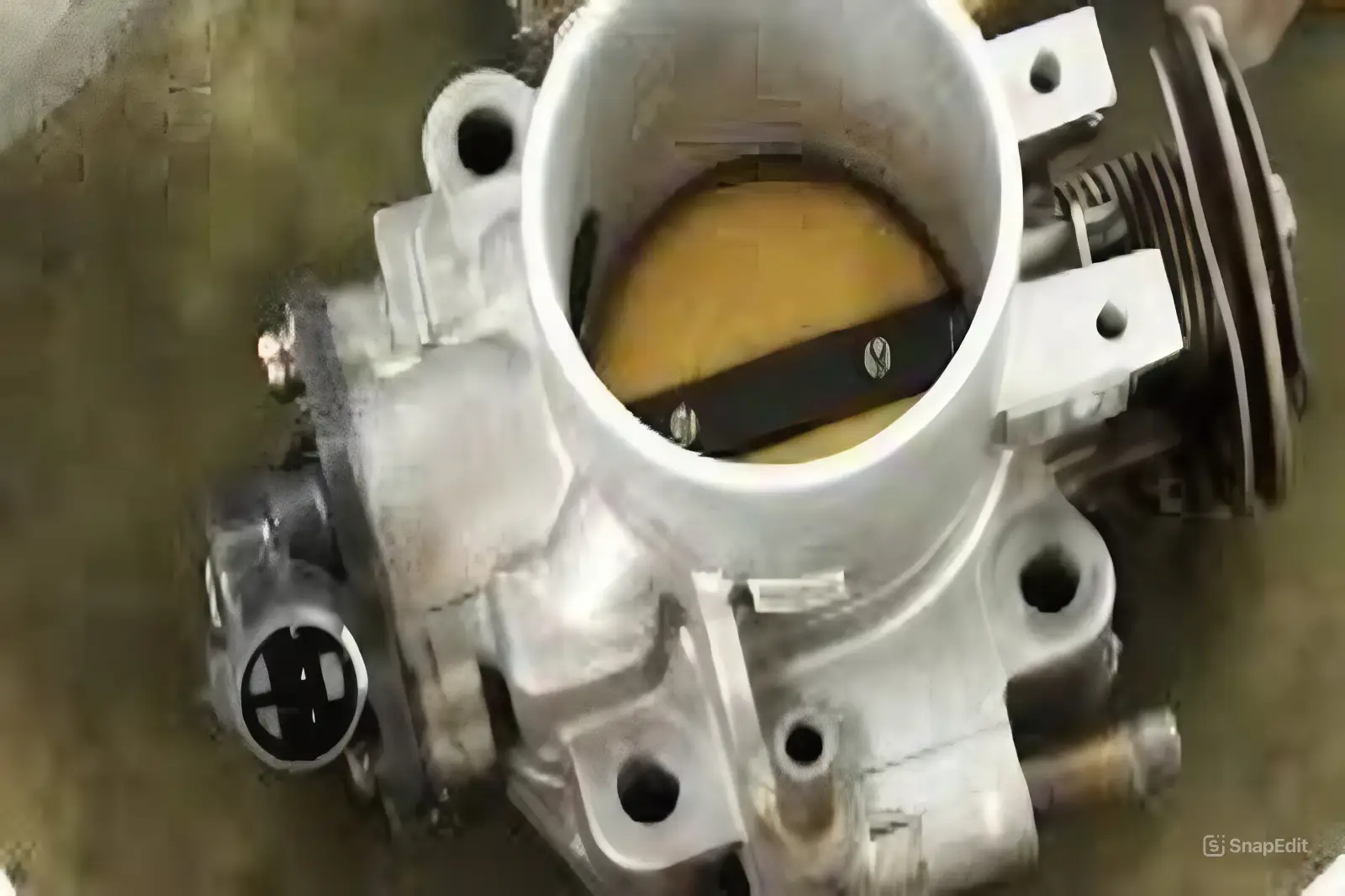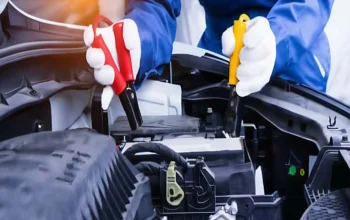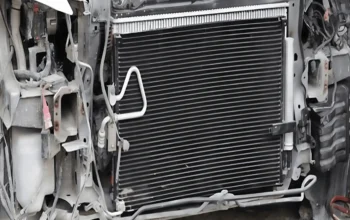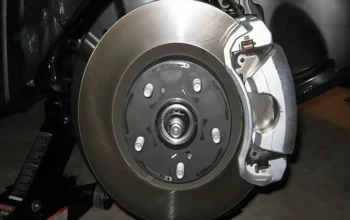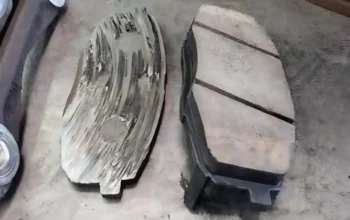Pena Global – Should you rebuild or buy a new carburetor? This guide explores when to repair, when to replace, and how to choose the best carburetor for your vehicle’s performance and efficiency.
If your engine isn’t running smoothly, you might be wondering whether to rebuild your old carburetor or simply buy a new one. Making the right decision depends on factors like the extent of damage, availability of replacement parts, and your budget. In this complete carburetor guide, we’ll break down when it’s best to rebuild versus when you should opt for a carburetor replacement. We’ll also cover key considerations when choosing a new unit to ensure optimal engine performance and fuel efficiency.
Table of Contents:
When Should You Rebuild Your Carburetor?
1. Minor Wear and Tear
If your carburetor is simply dirty or has minor wear, rebuilding it might be the best option. Over time, debris and fuel residue can clog the jets and affect performance, but a thorough cleaning and a rebuild kit can often restore its function.
2. Availability of Rebuild Kits
Many carburetor manufacturers offer rebuild kits that include essential components like gaskets, seals, and jets. If a rebuild kit is available for your model, it’s often a cost-effective way to extend the carburetor’s lifespan.
3. Classic or Rare Carburetors
If your vehicle is a classic or uses a rare carburetor, finding a new replacement may be difficult or expensive. In such cases, rebuilding is usually the best choice to maintain authenticity and keep your engine running smoothly.
4. Cost Efficiency
Rebuilding a carburetor is usually much cheaper than buying a new one. If the main issue is dirt buildup, worn gaskets, or small leaks, a rebuild can save you significant money while keeping your engine running efficiently.
When Should You Buy a New Carburetor?
1. Severe Internal Damage
If your carburetor has internal damage, such as a cracked body or worn-out throttle shafts, rebuilding may not be worth the effort. A new carburetor ensures optimal engine performance without the risk of hidden issues.
2. Frequent Repairs
Are you constantly fixing your carburetor? If you find yourself repeatedly dealing with the same problems, investing in a new carburetor can save time and frustration in the long run.
Some older carburetor models no longer have readily available rebuild kits. If you struggle to find replacement parts, buying a new carburetor might be the only viable option.
4. Improved Performance and Reliability
A new carburetor offers peace of mind, ensuring you don’t have to worry about previous wear and tear. Newer models often provide better fuel efficiency, smoother operation, and advanced features like an electronic choke.
5. Ease of Installation
While rebuilding a carburetor requires technical knowledge and time, a new carburetor can be a straightforward replacement that minimizes downtime and hassle.
Tips for Choosing a Replacement Carburetor
1. Brand Reputation
Choose a carburetor from a trusted brand known for durability and performance. Popular brands like Holley, Edelbrock, and Rochester have a strong reputation among mechanics and car enthusiasts.
2. Correct Fit and Compatibility
Ensure the new carburetor matches your engine’s specifications. An improper fit can lead to poor engine performance and additional modifications.
3. Performance Upgrades
Consider whether you want to upgrade to a four-barrel carburetor or an electronic choke for better efficiency and throttle response.
4. Budget Considerations
Rebuilding is usually cheaper than buying a new carburetor, but if repairs add up over time, a new replacement may be the more cost-effective solution.
5. Warranty and Support
Look for carburetors that come with a manufacturer warranty. This can provide added security in case of defects or performance issues.
Additional Tips for Maintaining Your Carburetor
Regardless of whether you rebuild or replace your carburetor, proper maintenance is key to keeping it running efficiently. Here are some tips:
- Regular Cleaning: Use a carburetor cleaner spray to remove dirt and debris.
- Check Fuel Quality: Poor-quality fuel can cause deposits to build up, leading to clogs and inefficiencies.
- Inspect Gaskets and Seals: Replace worn-out gaskets and seals to prevent leaks.
- Adjust Idle and Mixture Screws: Proper adjustments ensure smooth idling and optimal fuel-air mixture.
- Avoid Ethanol-Based Fuels: Ethanol can cause deterioration of rubber seals and gaskets over time.
Final Thoughts
Deciding whether to rebuild or buy a new carburetor depends on several factors, including the severity of the damage, availability of rebuild kits, and long-term reliability. If your carburetor has minor issues and parts are available, rebuilding is a cost-effective way to restore its function. However, if you’re dealing with severe damage, frequent repairs, or outdated parts, investing in a new carburetor is the smarter choice. **
